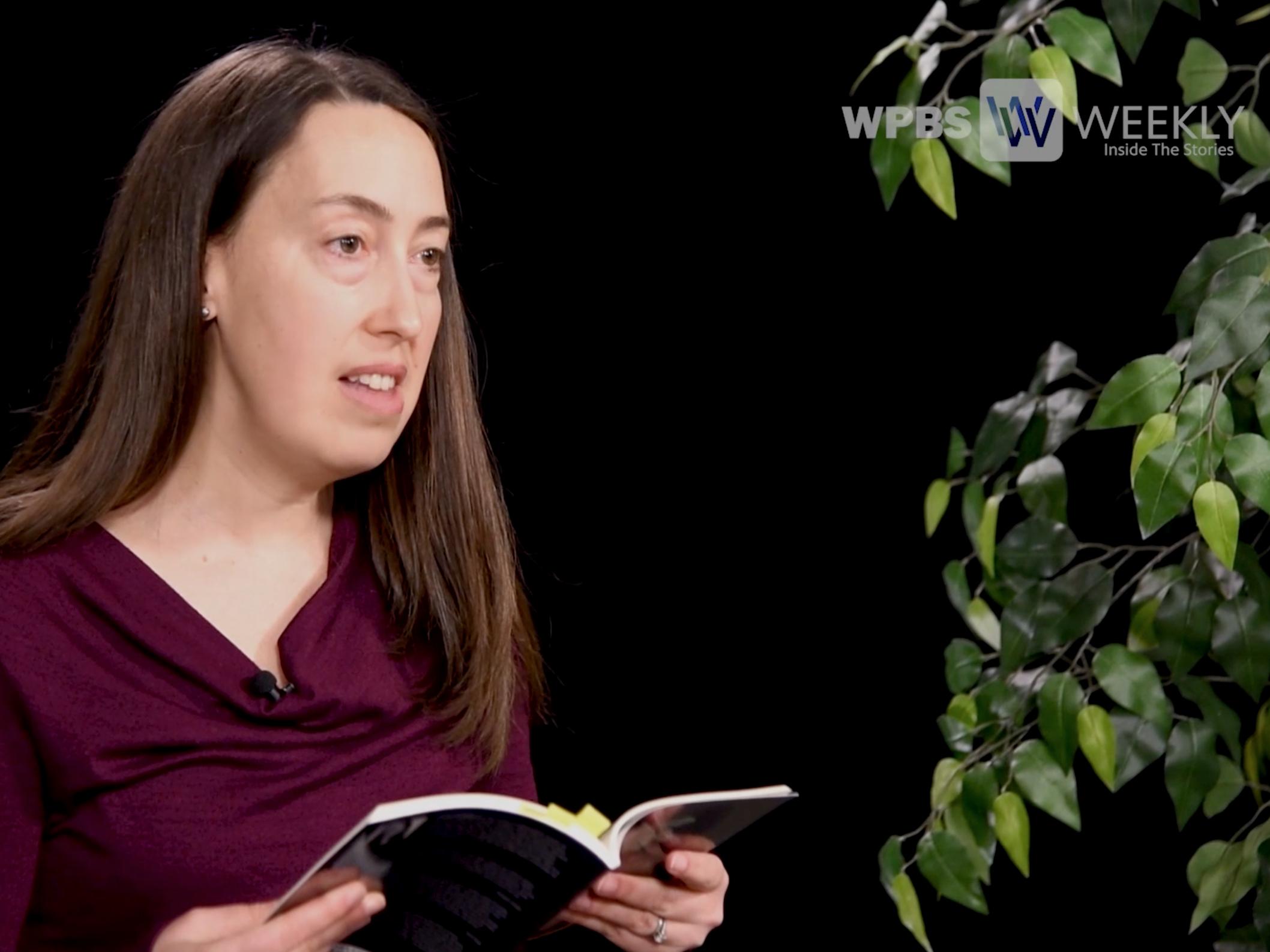Award-winning poetry and English and creative writing faculty member Laura Donnelly recently had the opportunity to read her poem "Inheritance" as part of a series on the work of local artists and creators on public broadcasting station WPBS-TV.
The director/producer of WPBS Weekly: Inside the Stories, Joleene DesRosiers, came across my work last fall," Donnelly explained. "The show reached out to me in November to see if I'd be interested in recording some of my poems for them. I've enjoyed seeing how the show highlights musicians and poets from Northern New York and Eastern Ontario, and I was delighted to be part of it."
The poem comes from Donnelly's 2020 "Midwest Gothic" publication, which earned the 2019 Snyder Prize from Ashland Poetry Press. That book brings together a collection of poems on the themes of family, memory, history and a sense of place.
Inheritance
Angie had diphtheria
and forever her mother’s hand
checking her forehead,
calling her in from the fields.
They let her attend school
instead of canning tomatoes.
I have her rhubarb and her love
of reading at night.
Alice raised six children
in a coop they called the shanty.
She sent them
to neighbors with buckets
for water, the pump handle
wailing across the dirt road.
I have her brown hair,
imagine it dunked in a tub
by the stove to wash
when the kids were done.
I have her rag rugs.
Helen was strong and happy
and died too young.
I have her China – black rim
with pink flowers, still intact
half a century after her death.
Her cancer is a thread my mother
picked up. Each month
I feel for its weave.
Eleanor was thought the hardy one.
Her muscles grew taut
from hauling potatoes.
Her face grew pinched watching her sister
leave for school. As an old woman
she read romance novels
in the tub.
Eleanor and Angie wore rain bonnets
on windy days, tying the plastic tails
under their chins to protect
their short, permed hair.
They stopped going to church,
walked to the Coffee Cup
on Sunday mornings, the café thick
with cigarette smoke.
Sometimes, they loved each other dearly.
Sometimes it was all they could do
to look up from the table, their sister’s face
suddenly old, and strange,
and their own.




